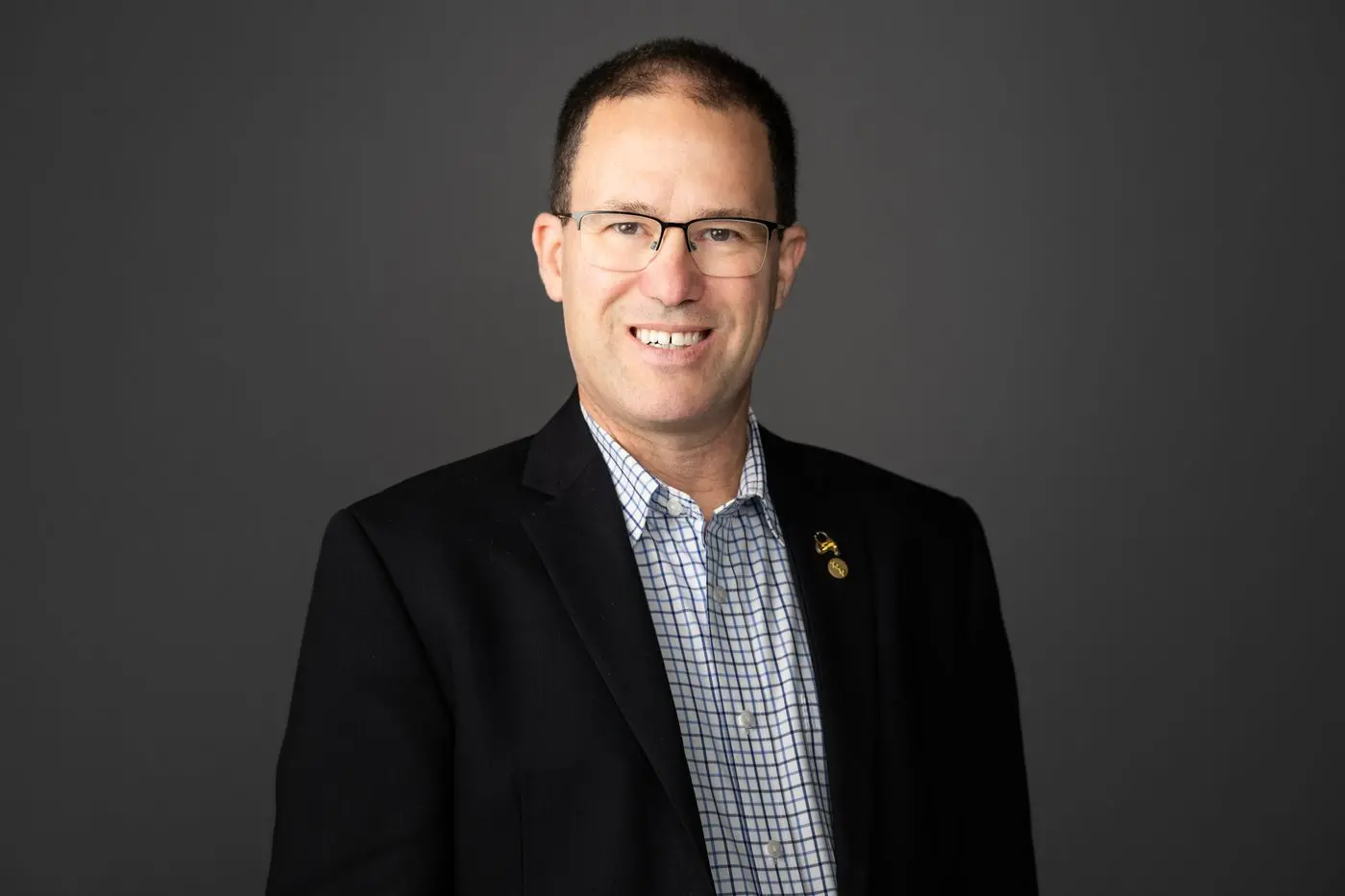PHOTO
A LEADING rural doctor's group has described the federal budget as a ‘headline grabber’ but said it ignores much-needed reform of health funding arrangements and lacked focus on measures needed to boost access to rural healthcare.
The Rural Doctors Association of Australia (RDAA) said the government needed to go beyond a budget that looked 'very appealing' to voters in making healthcare more affordable for some.
RDAA president Raymond Lewandowski said the budget's health care reform lacked sustainability.
"There’s a lot that should have happened in this pre-election budget that hasn’t,” Dr Lewandowski said.
“There is no targeted investment to improve access to healthcare for those living in the bush.
“While cost of living relief in the healthcare sector is welcomed, it is not sustainable in the long-term."
Dr Lewandowski said 100 per cent bulk billing for many rural general practices would be 'virtually impossible', with patients at these practices generally needing longer consultations due to more complex health needs and minor procedures often provided in the practice.
“The expansion of the bulk billing incentive will mainly support general practices that have high throughput of patients through relatively short consultations, or services that already 100 per cent bulk bill, like many (First Nations) medical services, a funding boost much-needed and welcomed.
“This is why for patients in rural and remote Australia, billing arrangements at their local practice will be unlikely to change significantly.
“While rural doctors would love for it to be true, government messaging that ‘you will only need your Medicare card when you go to the GP’ is unfortunately not going to be the case for many patients, particularly in the bush."
Dr Lewandowski was also critical that only seven per cent of the government's proposed 400 extra GP training positions were allocated to rural and remote communities.
“This is concerning, as RDAA has been asking for 200 extra Rural Generalist (RG) training positions to meet growing demand” he said.
“As an example, around an extra 90 junior doctors applied this year and last year to the Australian College of Rural and Remote Medicine (ACRRM) to undertake RG training. "That is 90 additional applications over and above the annual training positions that ACRRM is funded by the Government to provide.
"At least half of the additional positions for next year should be allocated immediately to RG training.
"It’s a no brainer."





